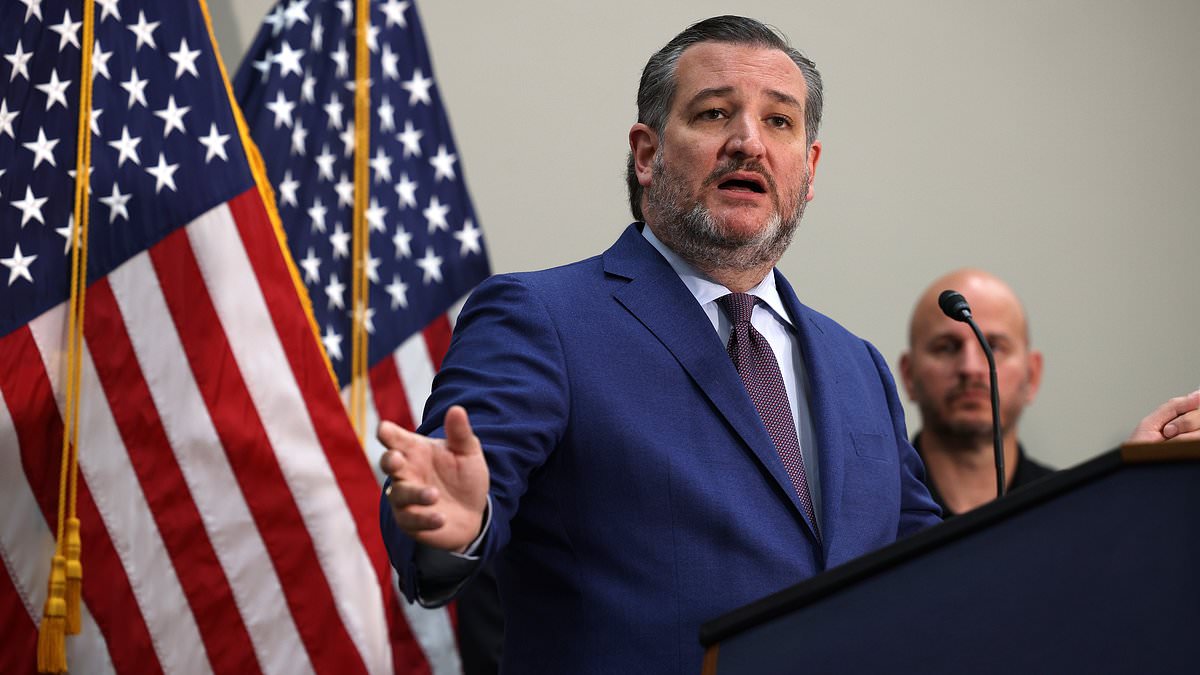Copyright forbes

Hiring manager uses behavioral AI for recruitment to analyze job candidates. The way companies hire hasn’t kept pace with how people actually work. Despite billions spent each year on HR technology, nearly half of new hires fail within 18 months—a costly inefficiency. That gap has fueled the rise of voice AI in hiring, an emerging category of AI talent matching startups that use behavioral science to make hiring smarter and more human. Among the innovators leading this shift is Mappa, founded by Brazilian entrepreneur Sarah Lucena. The startup decodes how people speak to understand how they think, decide, and collaborate. By analyzing more than 30 vocal signals—from tone and pace to word choice—Mappa predicts compatibility and performance with striking accuracy. Backed by Draper Associates, the company exemplifies a new kind of behavioral AI for recruitment: technology that listens before it judges, blending human insight with measurable data to improve how companies identify and connect talent. The Growth Of Voice AI In Hiring The market for voice-based hiring tools is expanding rapidly. The global HR technology industry is valued at $42.5 billion in 2025 and projected to reach $76.4 billion by 2030, while the agentic AI in HR and recruitment niche is expected to surge from $842 million in 2024 to $23.17 billion by 2034. That growth reflects demand for better ways to assess fit. Traditional applicant tracking systems rely on resumes—snapshots of what someone has done, not how they’ll perform. “Resumes tell you the highlights of what someone has done—Mappa AI shows you how they’ll perform in the real world,” remarked Tim Draper, Founding Partner at Draper Associates. “By turning live, behavior-based data into hiring signals, Mappa is giving companies a smarter way to spot talent, build stronger teams, and uncover the next generation of leaders.” Sarah Lucena, cofounder and CEO at Mappa. Mappa uses voice AI to analyze how people speak—translating tone, pace, and word choice into insights that predict compatibility and performance. MORE FOR YOU Lucena describes Mappa as a “behavior mapping platform at scale.” The system extracts both linguistic and prosodic signals—word choice, sentence structure, time orientation, pitch, rhythm, and pauses—to create a behavioral profile that predicts compatibility and team dynamics. “We don’t take one signal alone,” Lucena explained. “We cross-match them to understand not only who you are, but how you behave in multiple scenarios.” The results have impressed clients. “With Mappa, we’re getting spot-on candidates within hours,” said Ignacio Semerene, Co-Founder and Head of Product at BAGS. “We often go from the first interview to offer the same day because the behavioral match and cultural fit are that accurate. It’s become a critical part of our hiring stack and completely transformed the speed and confidence behind every decision we make.” Lucena’s insight that “voice reveals who people really are” came from experience. When Mappa tested video data, accuracy dropped. “People behave as they want to be perceived when they’re on video,” Lucena reflected. “Voice reveals who they really are.” That discovery became the foundation for the company’s pivot toward pure voice analysis—a move that ultimately defined its niche. Building An AI Talent Matching Startup Mappa founders from left to right: Pablo Bérgolo, cofounder & COO; Sarah Lucena, cofounder & CEO; and Daniel Moretti, cofounder & CTO. Mappa uses voice AI to analyze how people speak—translating tone, pace, and word choice into insights that predict compatibility and performance. Like many founders, Lucena’s first product missed the mark. “I made the classic first-time founder mistake,” she recalled. “I put all my savings into an MVP that took too long to hit the market—and when it finally did, it was already obsolete.” Instead of giving up, she and her co-founders—Pablo Bérgolo, an economist specializing in data modeling, and Daniel Moretti, a former medical student turned AI engineer—rebuilt the company from the ground up. They manually tracked early compatibility data in spreadsheets and charged clients from the start. “We started by sending spreadsheets of our matches,” Lucena said. “It forced us to build from the client’s perspective, not our idea.” That pragmatic, customer-first approach helped Mappa become one of the few AI talent matching startups to achieve profitability before raising outside capital. By 2025, it had surpassed $3 million in annualized revenue and served more than 100 clients across industries. Lucena’s efficiency mirrors a broader trend among female-founded AI companies. According to a Boston Consulting Group analysis of MassChallenge accelerator data, for every $1 of funding, female-founded startups generate $0.78 in revenue, compared with $0.31 for male-founded ones. “As a female founder and immigrant, I couldn’t rely on a pitch deck alone,” Lucena said. “We had to show real results.” Her team reflects that discipline. Bérgolo built the company’s data models; Moretti engineered the AI; and Lucena, who began her career in advertising analytics, led commercialization and growth. “The best money out there is our clients’ money,” she added. “It means we’re creating real value.” Lucena’s path from Brazil’s northeast to Silicon Valley also demanded personal reinvention. She learned English while pitching investors and selling in the U.S. “When you speak with an accent, people assume you’re not as smart or sharp,” she said. “Fluency was essential to convey the professionalism and trust our business deserves.” For Lucena, voice isn’t just data—it’s identity. The same technology that helps employers evaluate candidates also mirrors her journey as an underrepresented founder making her voice heard in global tech. From Voice AI In Hiring To Talent Intelligence Though Mappa began as a recruitment tool, its future is broader. The company recently launched an API that extends its behavioral-scoring engine to sectors such as education, healthcare, and even credit risk modeling. By connecting voice analysis to other decision-making processes, Mappa is evolving into a full-scale talent intelligence platform—technology designed to make any people-related decision smarter, faster, and more human-centered. Lucena sees this as the natural next step. “We’re not trying to replace human intuition,” she said. “We’re giving it data.” As more companies look for data-driven ways to evaluate potential, behavioral AI for recruitment is becoming a strategic advantage. Voice AI offers a deeper, more dynamic measure of human potential—capturing traits that résumés can’t, from adaptability to emotional insight. The Future Of Voice AI In Hiring Voice AI is reshaping how organizations understand people. What started as an experiment in behavior mapping has become a scalable solution for hiring and leadership. Mappa’s journey—from an early misstep to a profitable, venture-backed AI talent matching startup—illustrates how innovation and efficiency can coexist. By transforming speech into behavioral insight, Mappa is building the next generation of talent intelligence by using voice AI in hiring—one that helps companies hire faster and with greater confidence. In an industry that often prioritizes volume over understanding, Mappa is pioneering a simple but powerful idea: the smartest companies are the ones that know when to stop talking and start listening. Editorial StandardsReprints & Permissions



